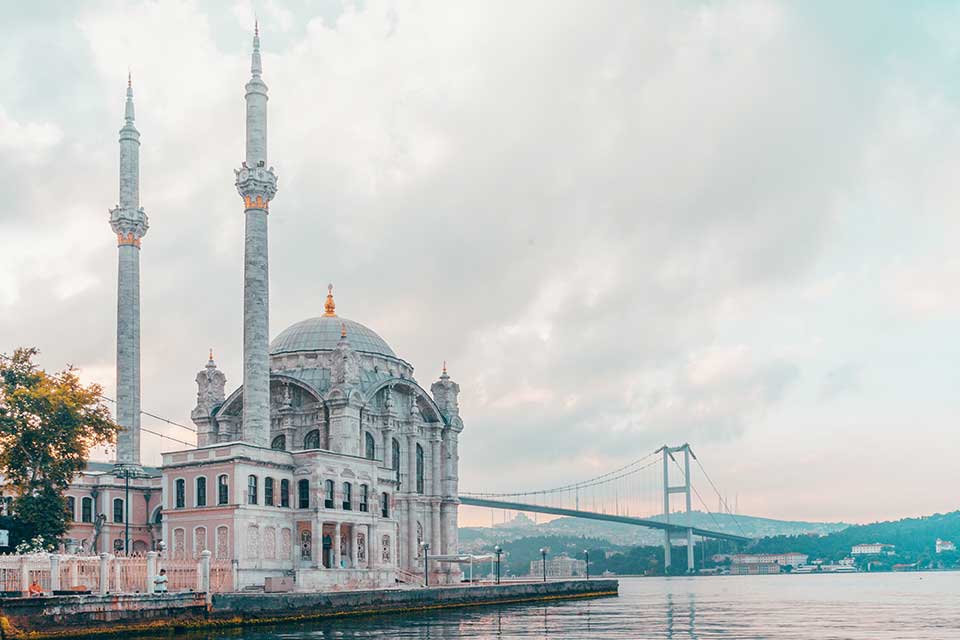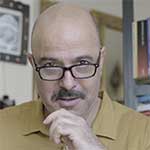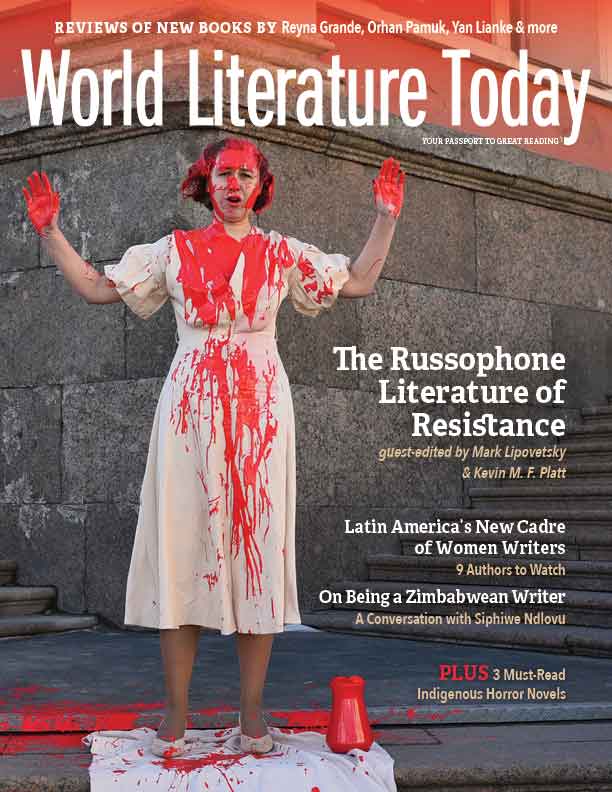Literary Istanbul

We asked writers in Turkey two questions: What is the book, available in English, that best evokes Istanbul? What is a favorite Istanbul bookstore? Here are their answers.
A City of Two Continents
by Buket Uzuner
There are few cities in the world for which countless novels, monographs, poems, and memoirs have been written. Istanbul has always been one of those few cities that has changed human history with its multicultural self (entity) and geostrategical position. Istanbul is unique in being the only city in the world to be set on two continents with a sea passing through it by a natural strait.
I chose Orhan Pamuk’s Istanbul: Memories and the City, as he paints the poetic images of the city through his personal memories and emotions in a brave and literary living autobiography. He talks about the Istanbul of his childhood in the back streets and waterways as if he were a fairytale teller; Pamuk tells the tales of both Istanbulian writers Tanpınar and Yahya Kemal, as well as those who’ve lived in Istanbul like Flaubert, Nerval, Lord Byron, Amicis, and Cavafy with the sadness (hüzün) of a paradise lost. The reader immediately understands that Istanbul is both Pamuk’s home and the heart of his imagination.
I’ve many favorite bookstores in Istanbul. As you know, Istanbul is set on two continents, therefore I chose two bookstores, one from each. Minoa bookstore (Şişli, on the European side) is an independent bookstore with a wide range of books both in English and Turkish. Its café has lovely cakes and good coffee. Penguen bookstore (Suadiye, on the Asian side) is a five-story bookstore offering different books on each floor along with a cozy café.
The City as an Unwritten Novel
by Erkut Tokman
As it is located at the very end of Istiklal Street (La Grand Rue de Pera) in the Tünel (Tunnel) district of Beyoğlu-İstanbul and considered the third oldest bookshop of the city, whenever I pass by Cohen Sisters Bookshop, it has always been a passageway of memories for me. It is in an old, historical, shady passage with charming cafés facing the Galata-Tunnel Funicular Station—considered the second oldest funicular underground system (after London)—through which one can travel between the Beyoğlu and Karaköy districts climbing up to the hill. Immediately exiting the station, you face the huge and splendid iron door of the passage and last stop of the old tram.
The bookshop’s owners were two sisters, Sephardic Jews: Mazalto Kohen and Elisa Kohen Benzimra. They established it in the garden of the Swedish Consulate to sell books on nursing and fashion; later, however, when the bookshop moved to Narmanlı Han and eventually to the Tunnel Passage, they sold a wide range of old and new books from different genres and subjects as well as gravures. I have met the owner from the third generation of their family, their cousin’s son, Albert Sapan, who inherited the bookshop recently from Samuel Sapan. Although the bookshop’s tattered wood frames give the impression of negligence, it reflects the epitome of Istanbul’s derelict soul of minorities. With few customers inside, especially today, the shop resists the modern new bookshops near the tram stop, as if it was left alone at the end of a passage smelling of old books. Two old, round tables with a pair of facing chairs are often empty whenever I am there. They face the stairs to the suspended floor of the bookshop that stores books in abundance above the kitchen area. I’ve searched here for old books and some new, always wondering about the protagonists of other eras who would visit the bookshop as if they had come out of an unwritten novel on Istanbul.
Over Orhan Pamuk’s The Museum of Innocence or Ahmet Hamdi Tanpınar’s A Mind at Peace, I’d choose Peyami Safa’s Fatih-Harbiye, set near the same old tram stop of the bookshop’s Tünel district. Fatih depicts the “Eastern sprit and tradition of Istanbul”; Harbiye, the “Western sprit and tradition.” The main protagonist, Neriman, faces an engagement dilemma between the two main male protagonists, Şinasi and Macit. Şinasi embodies the traditional Eastern character and lifestyle, while Macit reflects the ideas, vision, and lifestyle of modern westernized Istanbul. Likewise, between the two districts of the city, Fatih (eastern) and Harbiye (western), runs the old tram—as do the protagonists of the novel, who travel to and fro, just like the city two sides, East and West.
I feel just like a protagonist in this city, as if I live my life in an unwritten novel on Istanbul, and I strongly believe that those protagonists should have been in the Cohen Sisters Bookshop, too, just like me today.
A Byzantine Megalopolis
by Matt A. Hanson
A Strange Woman (1971), by Leylâ Erbil, advances avant-garde feminism from the edges of Europe, Russia, and Islam. It is a fragmented paean to womanhood, mining the perspectives of a father and mother and their daughter’s maturity to estranged, adult individuality through stream-of-consciousness evocations of Istanbul’s historical multiculturalism and arts scenes, musing on virginity, marriage, incest, and freedom from the patriarchies of nation and family.
With acerbic political awareness, Erbil’s late-twentieth-century portrait of Istanbul divulges its Freudian and Marxian literary legacy. Her musings on bookish communism upend the divisions of East and West, worker and scholar. Twice nominated for the Nobel Prize in Literature by Turkish PEN, Erbil represents an unsung side of Istanbul beyond its orientalist novelization in the likes of Orhan Pamuk or the country’s intractable news cycle.
Republished by Deep Vellum in April 2022, translator Amy Spangler dishes Erbil’s ripe prose in a direct line of collaborative descent with former translator Nermin Menemencioğlu.
The literary café Minoa, uphill from the piers of Beşiktaş, updates its shelves with new contemporary fiction in English. Its stock is especially rife with art books and special editions, large-format and culinary. They serve one of the best savory gözleme pancakes in Turkey and host intimate jazz concerts under a cozy library of secondhand novels.












